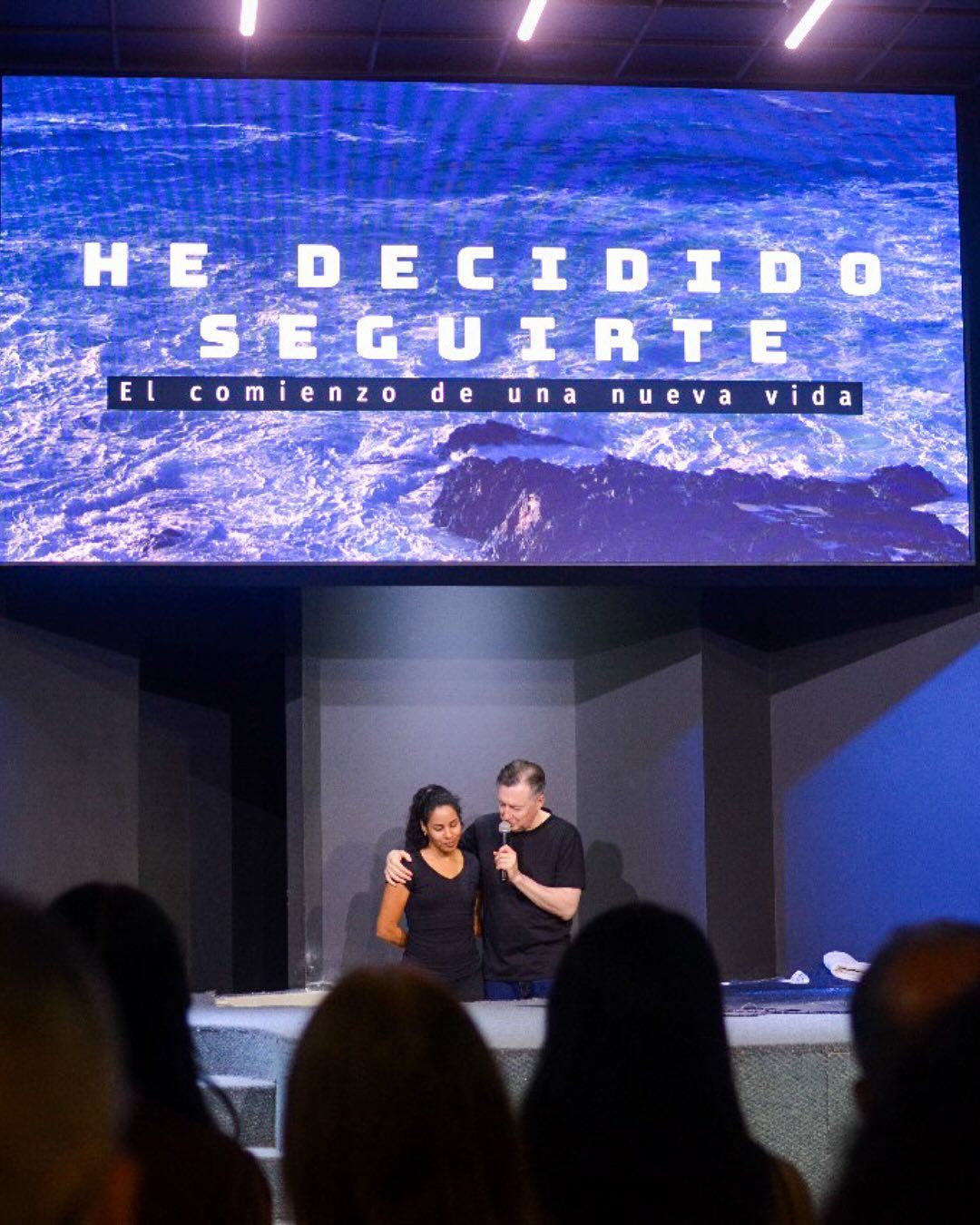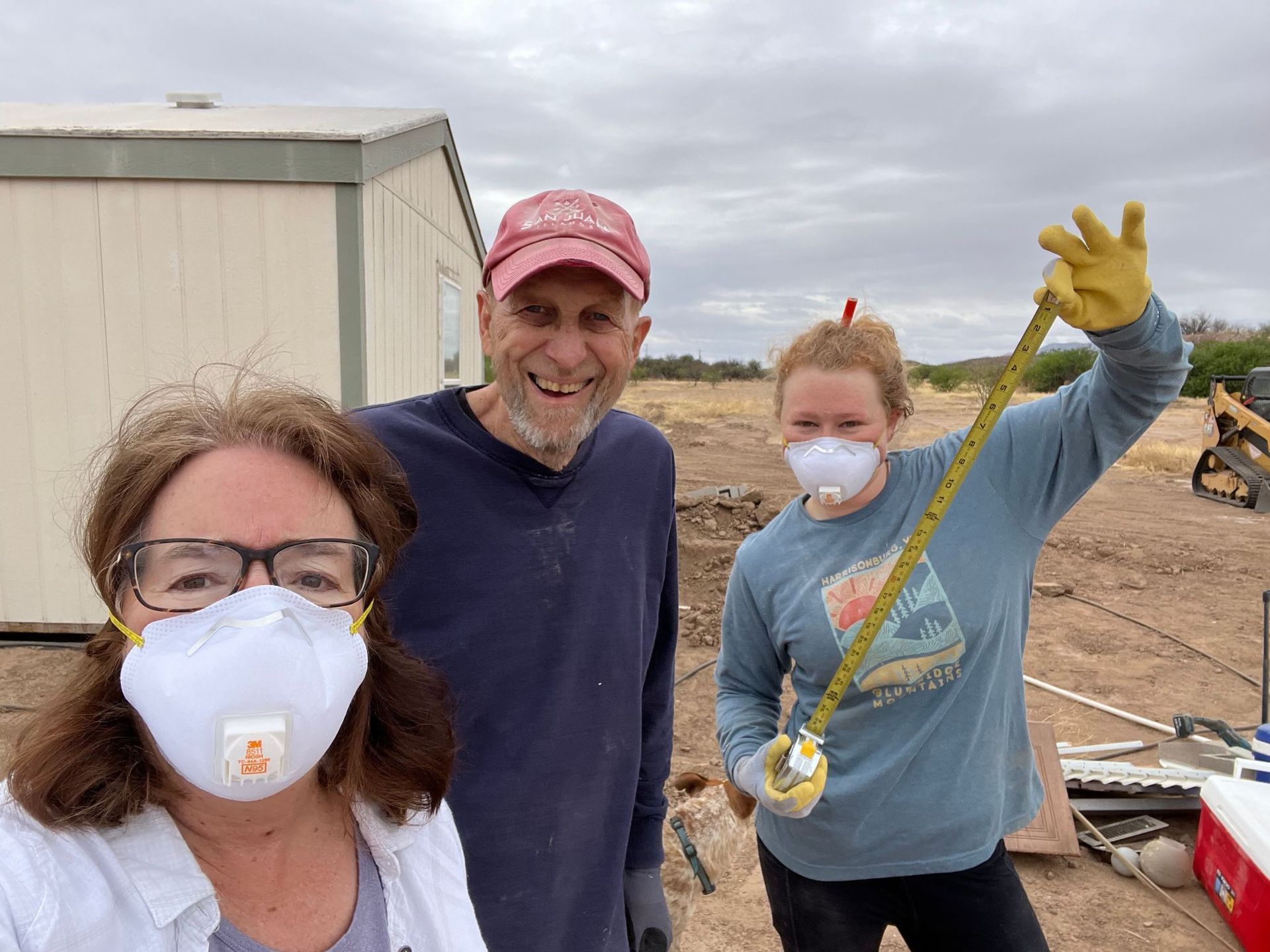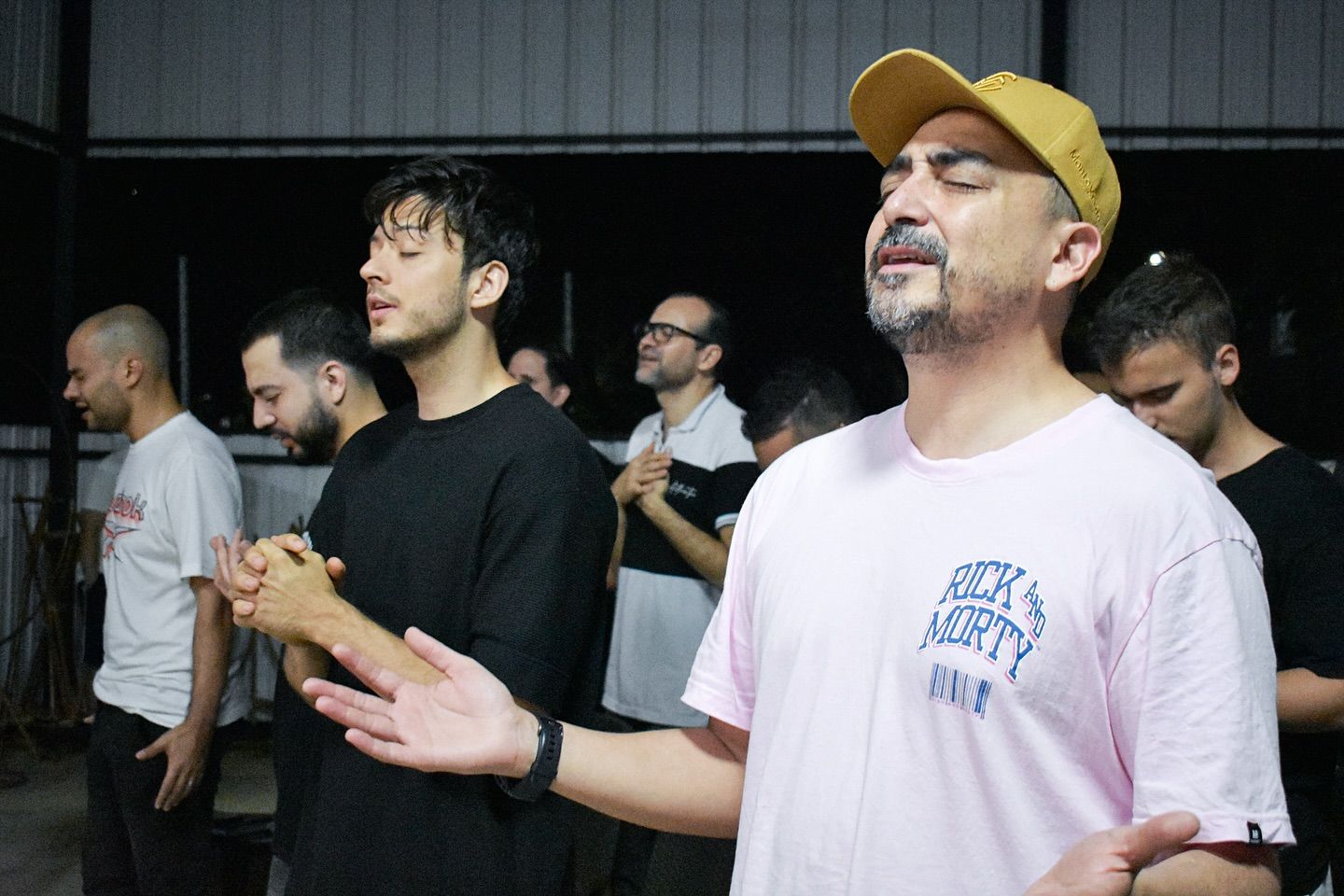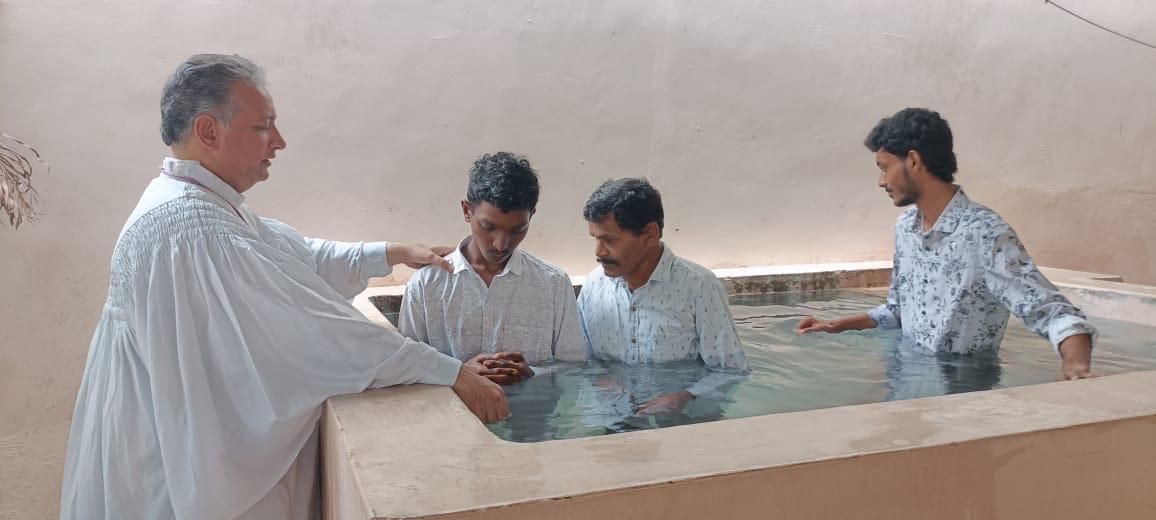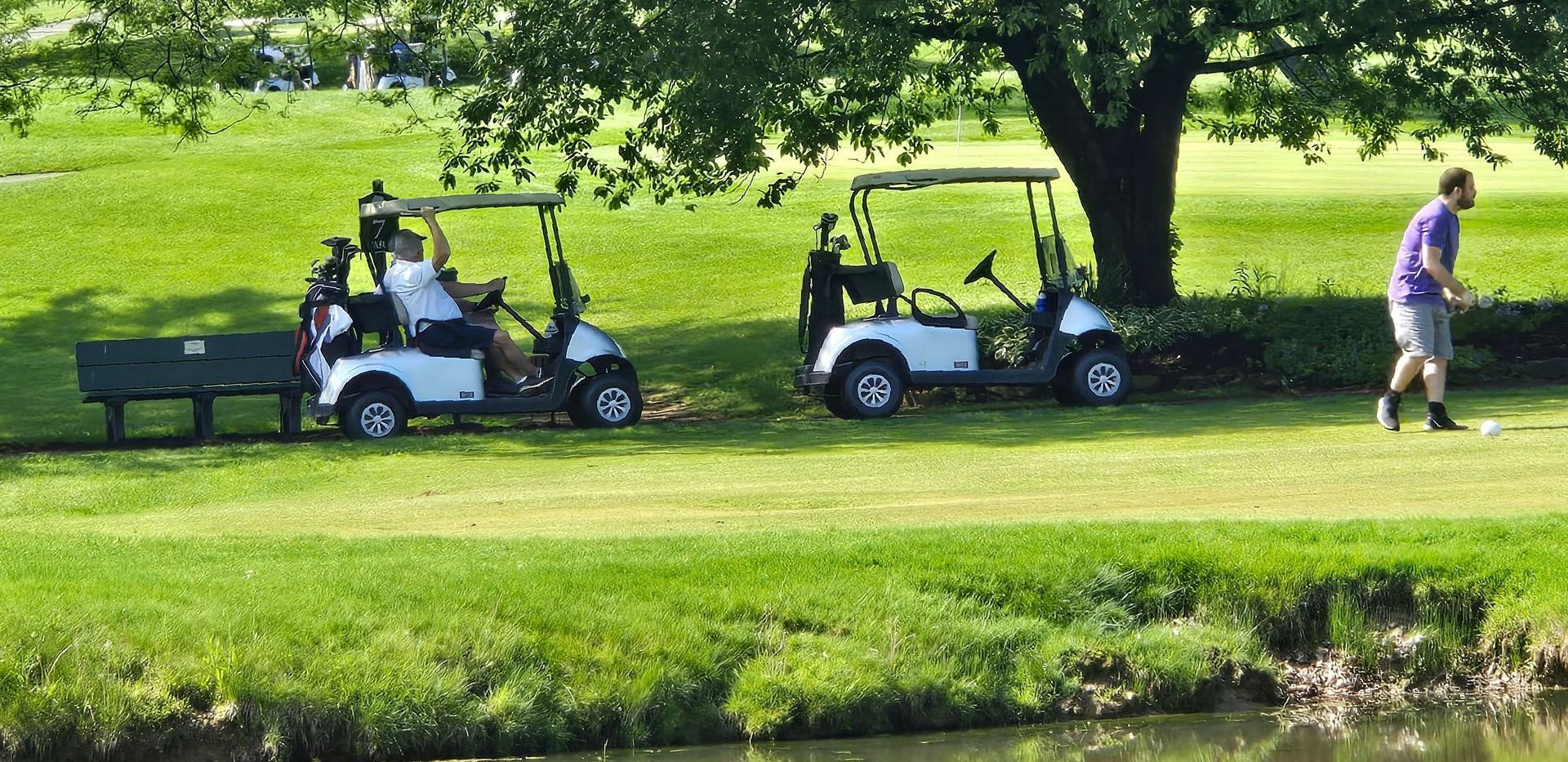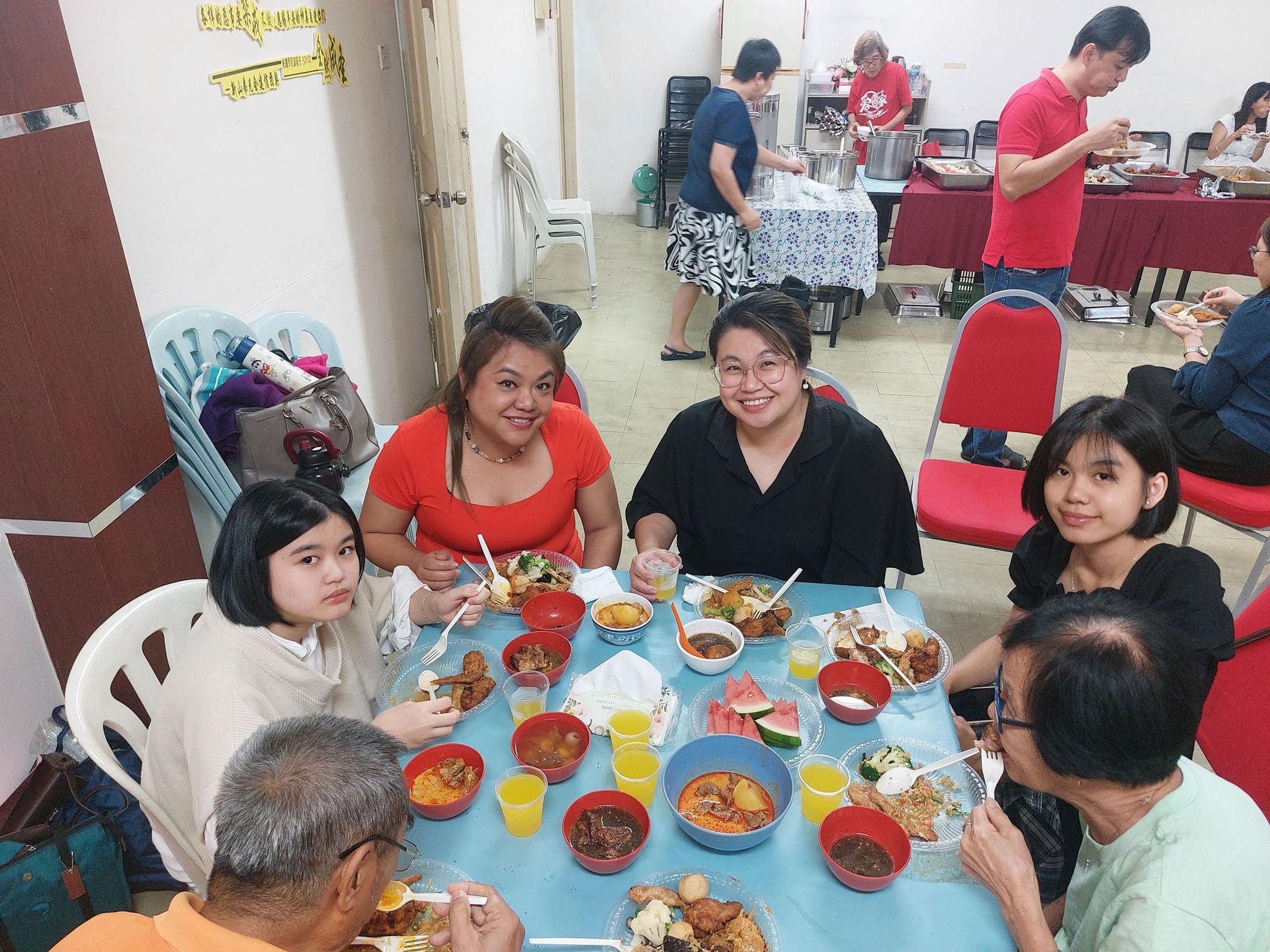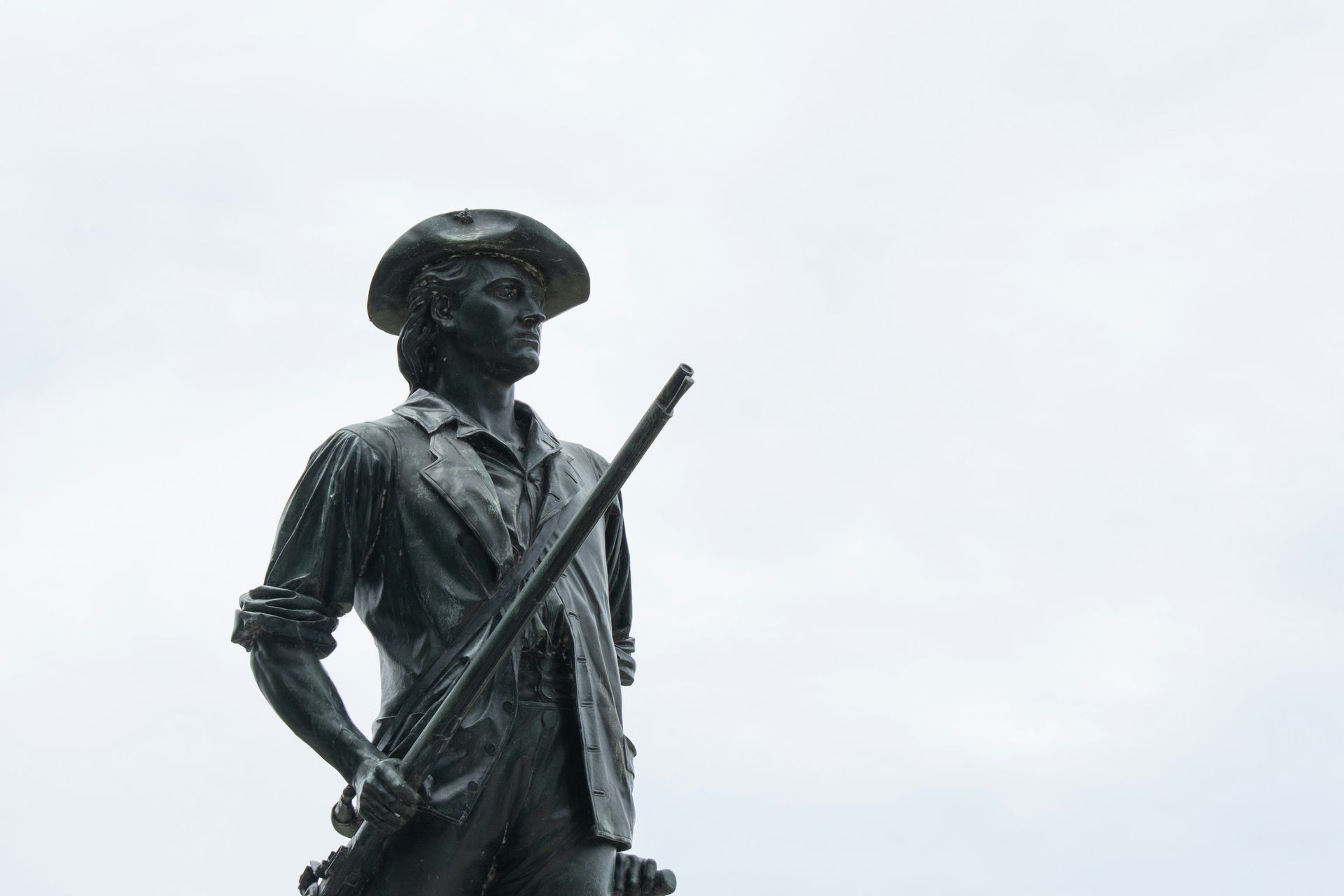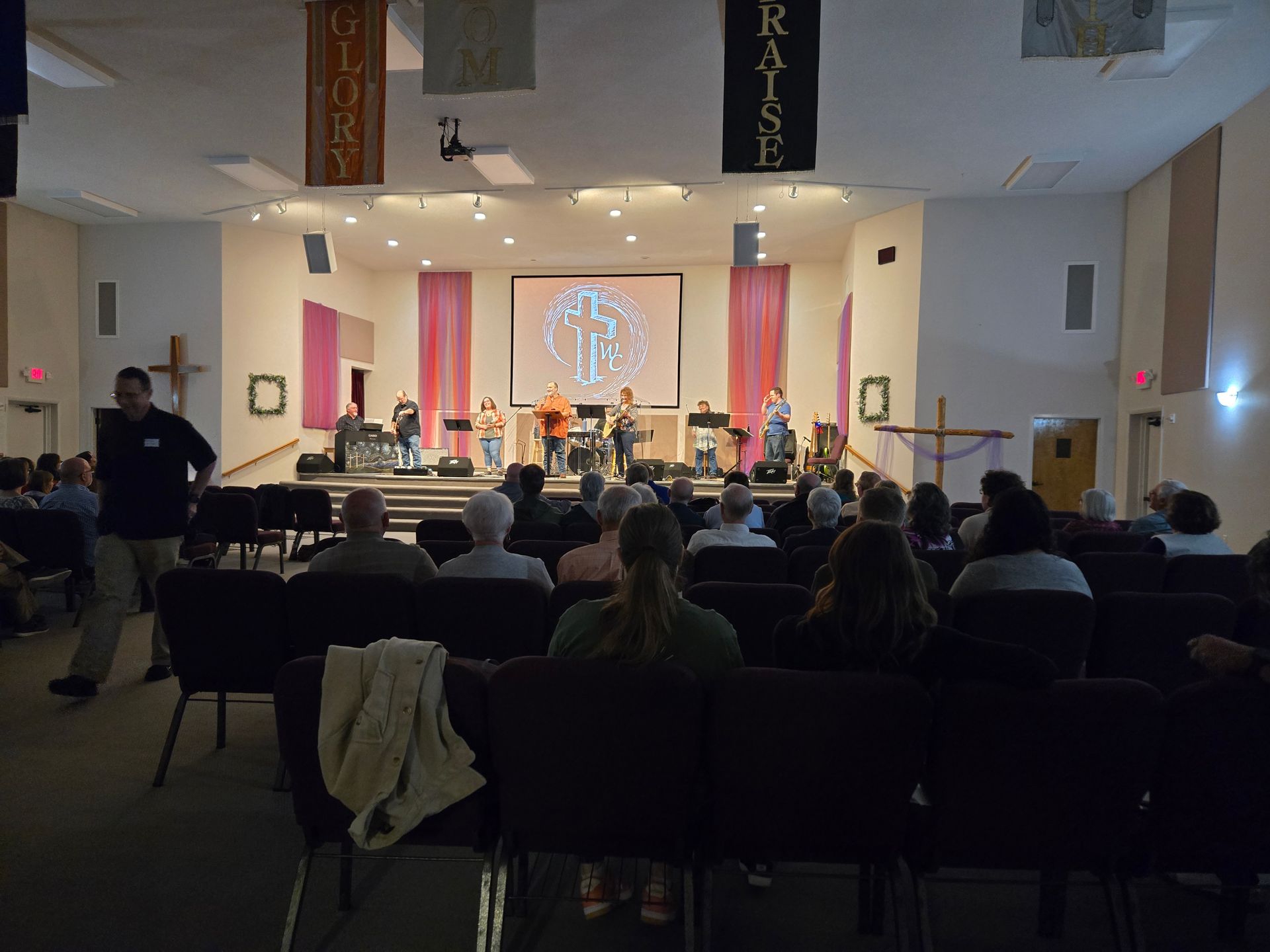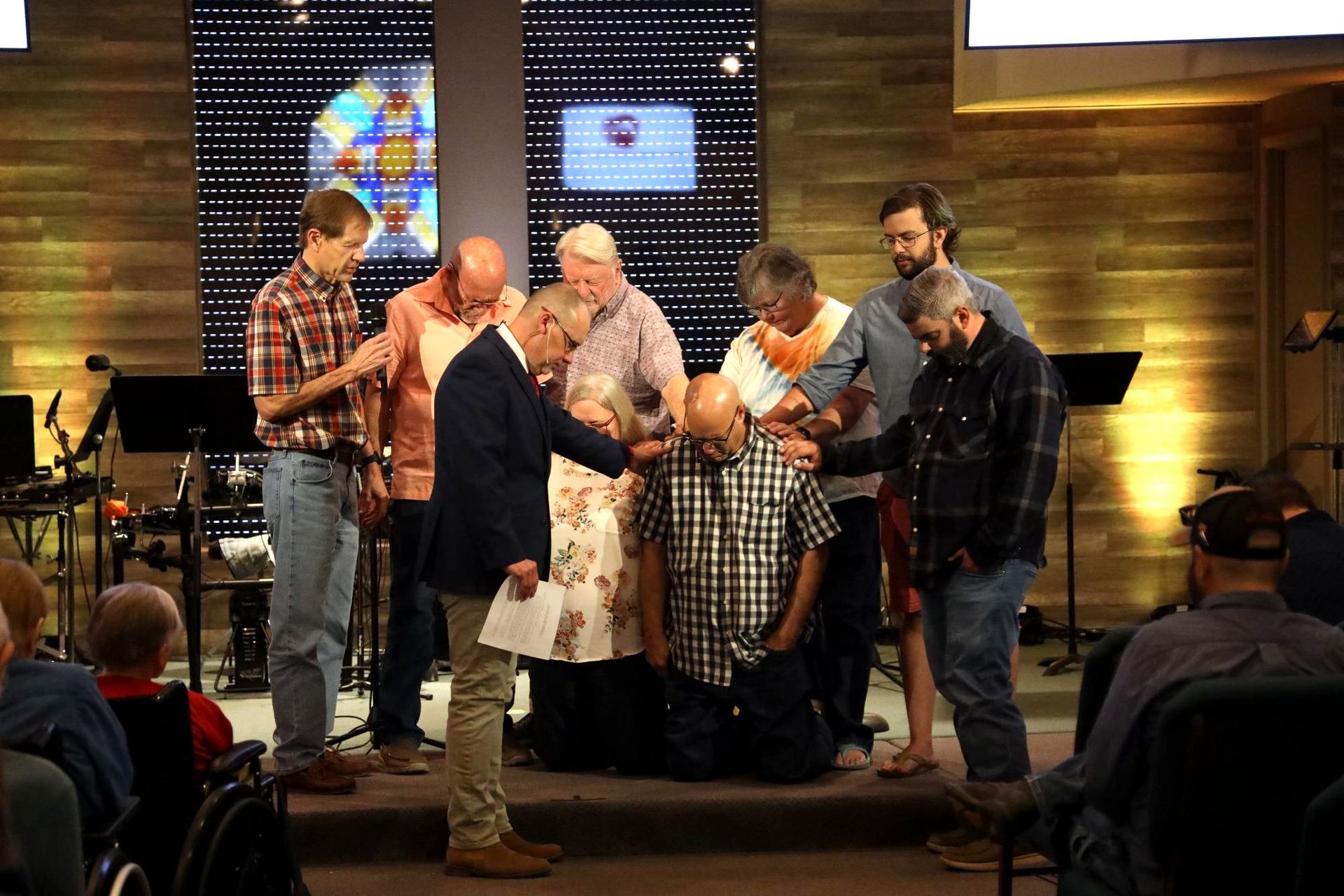Spirituality and Dementia
One of my duties as a hospital Chaplain is to provide pastoral care for patients in the dementia ward. I have found that these men (no women so far) are incredible human beings who have lived unbelievable lives. In many ways, we as humans are a compilation of our experiences, which are stored in our memories. As these men and women lose their memories, they start to lose parts of their identity that make them who they are. We refer to this phenomenon as a “loss of self.” As those who struggle with dementia lose more of themselves, they start to be viewed differently by others including their healthcare team, friends, and family. This different view of those with dementia can sometimes lead to treating them with less honor and respect than they are due as our fellow brothers and sisters.
I believe that all people are created in the image of God and that image does not lessen with age or memory loss. I also believe that those who are worse-off in life are more blessed and favored in God’s eyes. We see this pretty clearly in the Beatitudes of Matthew 5 in which Jesus proclaims that the poor in spirit, those in mourning, the meek, and even those who are persecuted are all Blessed in the Kingdom of Heaven. Our brothers and sisters who suffer from dementia are recipients of God’s special blessing. They are the forgetting forgotten in our society, the “least of these.” As God’s hands and feet on this earth, we as Christians need to be open to ministering in a special way to our dementia brethren.
I have searched through the most recent research being done in the medical field to see how people with dementia have been spiritually supported throughout the course of their disease. Though this information is geared toward the healthcare community, it can easily be applied to our approach with friends and family who have dementia.
There is currently a major shift towards holistic care in the healthcare industry. Gaudet and Kligler describe this approach as “radical”, and “a total rewiring of healthcare” (2019, p.S8). Instead of focusing on the patient’s specific problem, we now have the opportunity to examine the patient as a whole human being with all the complexities and dimensions that entails: mind, body, and spirit. This holistic approach is particularly useful in dementia care because caregivers are already caring for the mind and body due to the unique needs of this population. Adding the third leg of spirituality onto the three-legged stool of whole health is a natural next step.
Defining Spirituality
The word spirituality has an ever-evolving and widening definition that has come to mean much more than just religious belief and practice, especially in the medical field. McSherry and Smith define Spirituality as:
"Universal, deeply personal and individual; it goes beyond formal notions of ritual or religious practice to encompass the unique capacity of each individual. It is at the core and essence of who we are, that spark which permeates the entire fabric of the person and demands that we are all worthy of dignity and respect. It transcends intellectual capability, elevating the status of all humanity to that of the sacred.” (2012, p.118)
Clinical Chaplains have found that the act of providing spiritual care is one that seeks to bring value, meaning, and purpose in life (Daly & Fahey-McCarthy, 2014). These are at the core of the human experience and are terms that we can use when speaking with those of other faith groups.
Importance of Spiritual Care in Dementia
By broadening the definition of spirituality, it becomes much easier to visualize the intersection of spiritual care and dementia. The World Health Organization states that “Dementia occurs as a result of a disease process that increasingly damages the brain over time” (WHO, 2019, p.3). With a diminishing capacity in mental function, those diagnosed with dementia will no doubt struggle to express their spiritual needs as the disease progresses. Caregivers should not interpret this as a sign that their spirituality is no longer important to them.
According to Daly and Fahey-McCarthy, spirituality is at the core of who we are. People with dementia not only have a spirit but continue to have spiritual needs, and therefore require spiritual support from others (2014). In fact, studies support those spiritual interventions in the care of aging and dementia patients reduce loneliness, depression, and stress, as well as improves the quality of life (Toivonen, Charalambous, & Suhonen, 2018; Tziraki, Santana, Lausen & Lionis, 2013). It is no wonder that spirituality has become such a strong focus under the holistic approach. If we seek to serve patients well, then spiritual care must become integrated into dementia care.
Although a Veteran’s faith, religion, meaning, and purpose all remain important as they journey through dementia, these features may not appear explicitly, which can make providing or their spiritual needs difficult. Studies show that the following points are central to spirituality in dementia patients:
- Positive attitudes
- Communicating values
- Engaging in faith communities
- Practicing spirituality
- Connection with others
- (Daly & Fahey-McCarthy, 2014).
Those who felt most spiritually supported participated in prayer, spiritual discussion, reminiscing about past religious experiences, reading spiritual texts, listening to music, and felt a sense of being connected with their religious community (Toivonen et al., 2018).
When asked about what was most sacred to them, those with dementia reported hands down that relationships were at the core. These sacred relationships include God, the religious community, family/friends, and the self (McGee & Myers, 2014). In addition to these, “Enabling the discovery of meaning and hope through discussion and the expression of feelings” has been found to be an effective means of supporting spirituality (Wolverson-Radbourne, Clarke, & Moniz-Cook, 2010). If we can support these practices and sacred relationships, our Veterans will no doubt begin to exhibit the benefits of positive spiritual interventions mentioned above.
Challenges
Though supporting the spiritual needs of each Veteran is central to providing holistic care, there are many challenges in doing this well when it comes to dementia. Nursing staff have reported the difficulty of understanding what needs a patient has spiritually when they are no longer able to verbally communicate these needs (Toivonen et al., 2018). In addition to this, many nurses do not feel equipped to provide spiritual care in the first place (Ødbehr, Kvigne, Hauge, & Danbolt, 2015). These are probably the two biggest hurdles in providing holistic care that includes a focus on spirituality for dementia patients. Because of these barriers, regretfully, often those with dementia are not receiving the spiritual support that they desire (Daly, Fahey-Mccarthy, & Timmins, 2016).
The good news is that there are ways to overcome these obstacles in order to provide excellent spiritual care to patients with dementia. One study suggests taking time to learn the life story of each patient, either from the patient themselves (if they are capable) or family members and friends of the patient (McGee & Myers, 2014). The more care providers know about their patients, the better they are able to give individualistic spiritual care. For example, a nurse finds that one of his patients grew up going to church every Sunday and loves the old hymns they used to sing. The nurse could bring in an audio CD of the top 50 greatest hymns and sit with the patient and listen together. Or perhaps he could look up some well-known Bible passages such as Psalm 23 and read aloud to the patient. Relationships are key in spiritual care, and both of these examples demonstrate assisting the patient to connect with the transcendent, others (the nurse), and themselves (memories of their religious participation in childhood). The more one knows about the life of a patient, the easier it will become to provide care that is meaningful to him/her.
For care providers that feel incapable of providing spiritual care, caring for the spirit of a dementia patient can be as simple as treating them as a valuable human being and honoring their worldview (Toivonen et al., 2018). Some starting points could include letting nursing staff and other care providers feel comfortable in being open about their own spirituality. If a member of the care team has a common spiritual or religious background with a patient, they may be the perfect person to provide spiritual companionship to the patient. This could be as simple as sharing a memory such as their first communion, baptism, or Bar Mitzva. These could bring to the surface important spiritual memories for the patient and create an important sense of connectedness with others, which in turn can create a sense of meaning and purpose. Beyond this, it would not be hard to bring in a Chaplain to train the staff on providing basic spiritual care. This will increase the confidence of those providing care to feel they are empowered to give the spiritual care their patients are desiring. Studies show that there is a need for care providers and nurses to further their education and competence in the area of spiritual care (Daly, et al., 2016). Many hospitals have Chaplains that are prepared to provide such training for staff that request it.
Chaplains are a vital part of the interdisciplinary team covering the care of dementia patients. Chaplains are clinically trained to assess the spiritual needs of each patient and implement a plan for their spiritual care that is based on that patient’s unique spirituality. This includes assessing the spiritual needs of patients with dementia. In addition to assessment, Chaplains are able to provide direct spiritual care for those Veterans who practice the same faith as the Chaplain. They are also able to provide resources outside of their faith tradition that facilitates spiritual care for Veterans including contacting local faith leaders and clergy who could assist with the practice of specific rituals at the Veteran or family member’s request. As mentioned earlier, Chaplains can also be a valuable resource in training staff to provide basic spiritual care.
Conclusion
In conclusion, the best way to serve every Veteran holistically, including those with dementia, is to embrace an intentional plan for providing spiritual care. To some degree, each member of the care team is able to provide spiritual care to their patients through the very act of treating these incredible human beings with the dignity and kindness that they deserve. Though Chaplains are the subject matter experts on spiritual care in the clinical setting, patients will often seek this care from those they know and trust most: the nurses and staff that care for them throughout their day. Staff members, family, and friends should be encouraged to pray, sing, read scripture, and listen to memories as they feel comfortable and competent to do so. Dementia patients can benefit greatly from this type of individualized care. They may not be able to express it, but their soul is being fed by this intentional and loving care for their spirit.
Daly, L., & Fahey-McCarthy, E. (2014). Attending to the spiritual in dementia care nursing. British Journal of Nursing, 23(14), 787–791. https://doi.org/10.12968/bjon.2014.23.14.787
Daly, L., Fahey-Mccarthy, E., & Timmins, F. (2016). The experience of spirituality from the perspective of people living with dementia: A systematic review and meta-synthesis. Dementia, 18(2), 448–470.
Gaudet, T. & Kligler, B. (2019) Whole health in the whole system of the Veterans Administration: How will we know we have reached this future state? The Journal of Alternative and Complementary Medicine 2019 25(S1), S7-S11.
McGee, J. S., & Myers, D. (2014). Sacred Relationships, Strengthened by Community, Can Help People with Mild or Early-Stage Alzheimer’s. Generations, 38(1), 61–67. Retrieved from http://search.ebscohost.com/login.aspx?direct=true&db=sih&AN=94912228&s…
McSherry W., Smith J. (2012) Spiritual Care. In McSherry W., McSherry R., Watson R, eds, Care in Nursing, Principles, Values, and Skills. Oxford University Press, Oxford.
Ødbehr, L. S., Kvigne, K., Hauge, S., & Danbolt, L. J. (2015). Spiritual care to persons with dementia in nursing homes; a qualitative study of nurses and care workers experiences. BMC Nursing, 14, 1–9. https://doi.org/10.1186/s12912-015-0122-6
Toivonen, K., Charalambous, A., & Suhonen, R. (2018). Supporting spirituality in the care of older people living with dementia: a hermeneutic phenomenological inquiry into nurses’ experiences. Scandinavian Journal of Caring Sciences, 32(2), 880–888. https://doi.org/10.1111/scs.12519
Tziraki, C., Santana, S., Lausen, B., & Lionis, C. (2013). Spiritual Care in the Integrated Care Paradigm: A Road Map for Physiological Aging and Chronic Illness. International Journal of Integrated Care (IJIC), 13, 1–3. Retrieved from http://search.ebscohost.com/login.aspx?direct=true&db=her&AN=97570564&site=ehost-live
Wolverson Radbourne, E. L., Clarke, C., & Moniz-Cook, E. (2010). Remaining hopeful in early-stage dementia: A qualitative study. Aging & Mental Health, 14(4), 450–460.
World Health Organization. (2019) iSupport for dementia. Training and support manual for carers of people with dementia, 2019. Licence: CC BY-NC-SA 3.0 IGO
